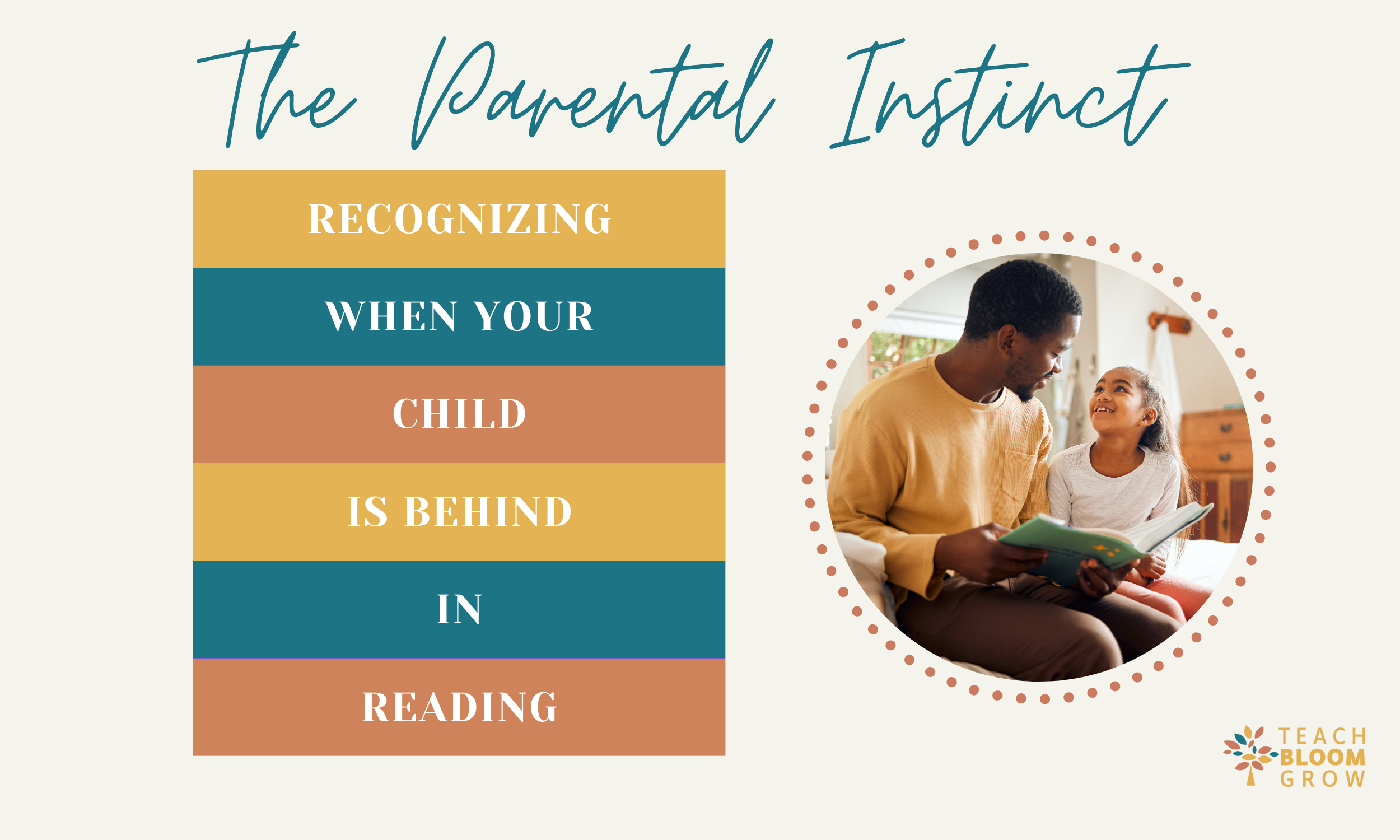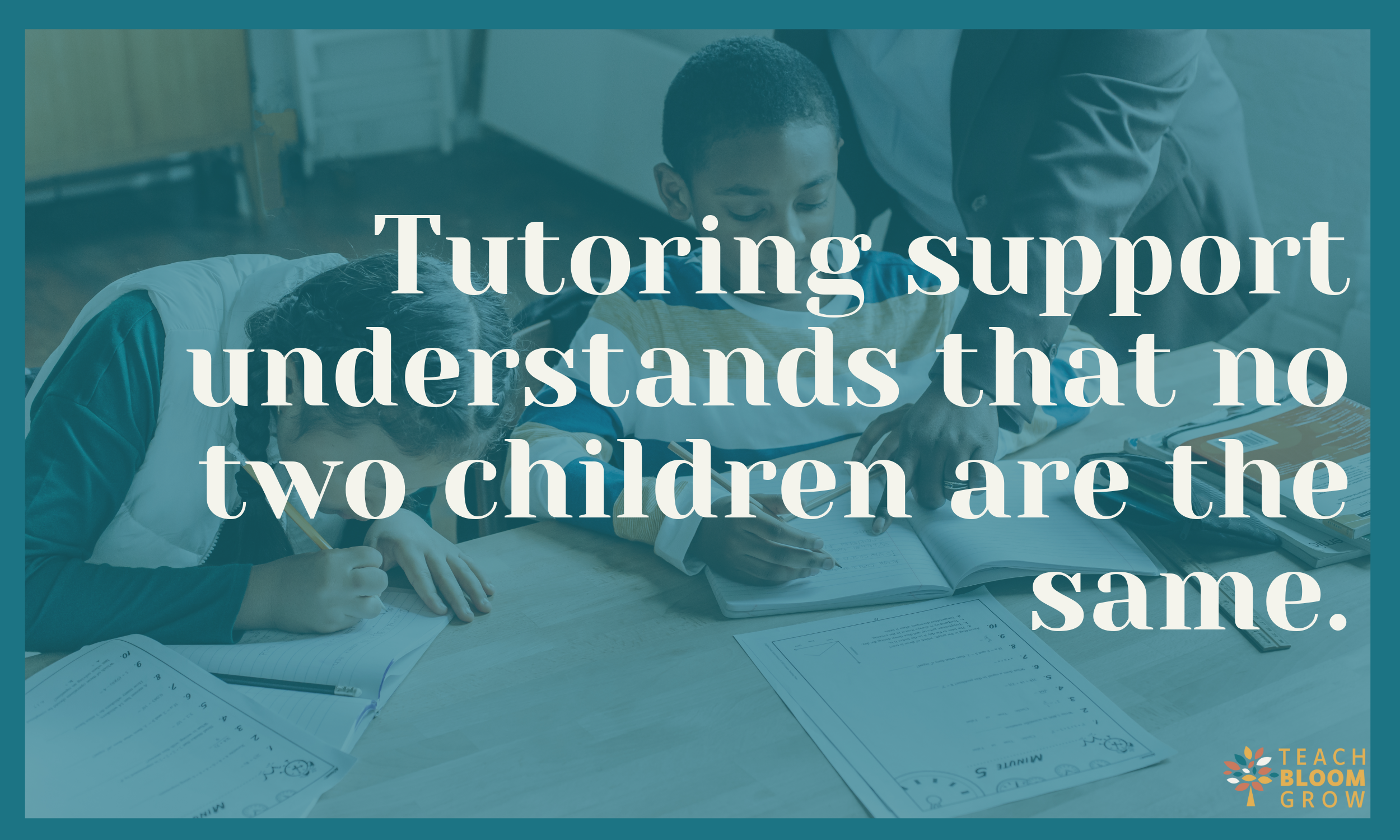The Parental Instinct: Recognizing When Your Child is Behind in Reading
Parents have a lot of stress on their plates. On a daily basis, they handle making numerous nutritional meals, playing with their children, and handling endless obstacles. This includes shuttling children to and from childcare to various extracurricular activities. Honestly, being a parent is hard! Unfortunately, the stress often increases once school starts. There are friendship concerns, early mornings, and academic help. Due to the amount of challenges in parenting, it is essential to listen to the heart. Don’t hesitate to use your voice if something does not feel right. Thankfully, the parental instinct: recognizing when your child is behind in reading gives you the needed boost and confidence!
Trusting Parental Intuition
When parents hear their babies cry, they instantly jump into action. They know what to do when the child is hungry, needs changed, or needs stimulation. While there are times when nothing seems to make a crying baby happy, parents are always ready to jump into action. So, the same should continue as babies grow into toddlers, children, and teens. No matter a child's age, parents need to trust their intuition when it comes to their child’s development. This includes physical aspects, such as growth, and academic aspects, such as reading development. If something ever feels wrong or off, it is crucial to talk to professionals right away. Honestly, early intervention is critical!
Common Signs of Potential Reading Difficulty
When trusting the parental instinct: recognizing when your child is behind in reading, there are helpful indicators.
These include:
Delayed Speech Development: If a child has difficulty articulating words or forming sentences by the expected age, this may signal future reading challenges.
Limited Vocabulary: A limited vocabulary can limit a child's ability to comprehend text. Due to this, parents should focus on their child’s ability to express ideas and recognize words.
Difficulty with Phonemic Awareness: Phonemic awareness is hearing, identifying, and manipulating sounds in spoken words. Struggles with this skill can help predict later difficulties in reading, writing, and spelling. It is key to get intervention early on!
Frustration with Reading Activities: If your child seems frustrated when reading aloud, this can signify a reading difficulty. Additionally, if a child works to avoid reading, it can mean there is a struggle. Reading should be fun and exciting for children!
Lack of Interest in Books: Many children will naturally gravitate towards books, especially if they are present in the house. If a child is consistently disinterested in books, it can mean the child is experiencing difficulties.
The Need for Early Intervention and Support
Research supports the importance of early intervention in addressing reading difficulties. The earlier issues are identified and addressed, the better the outcomes for the child.
Examples of support include:
Professional Assessments: Parents should seek evaluations from educational psychologists or reading specialists when they suspect reading difficulties.
Targeted Support: Once there is a diagnosis, tailored support programs can be implemented, focusing on the specific areas of need.
Home-Based Strategies: Parents can implement strategies at home that promote reading development, such as engaging in shared reading and incorporating phonics games.
Collaboration with Educators: It is crucial for parents and teachers to communicate openly. Educators can provide resources and insights that support parental efforts at home.
Tutoring Support
Parents already have enough on their plates. Thankfully, there is an amazing opportunity for Tutoring Support! This support understands that no two children are the same. It meets children exactly where they are to help them succeed in reading and writing using a structured approach. This includes phonemic awareness, phonics, vocabulary, fluency, and comprehension. Children will bloom into confident readers with this tutoring!
There is so much importance in trusting the parental instinct: recognizing when your child is behind in reading. Since you know your child best, never hesitate to speak up and work with professionals to create the best plan for your child.
Be sure to join my email list for an IEP checklist full of support!
If you do not want to miss any of the upcoming lessons, join my email list to be notified of all the interactive lessons coming up! By joining the email list, you will receive freebies for blog exclusive subscribers!



